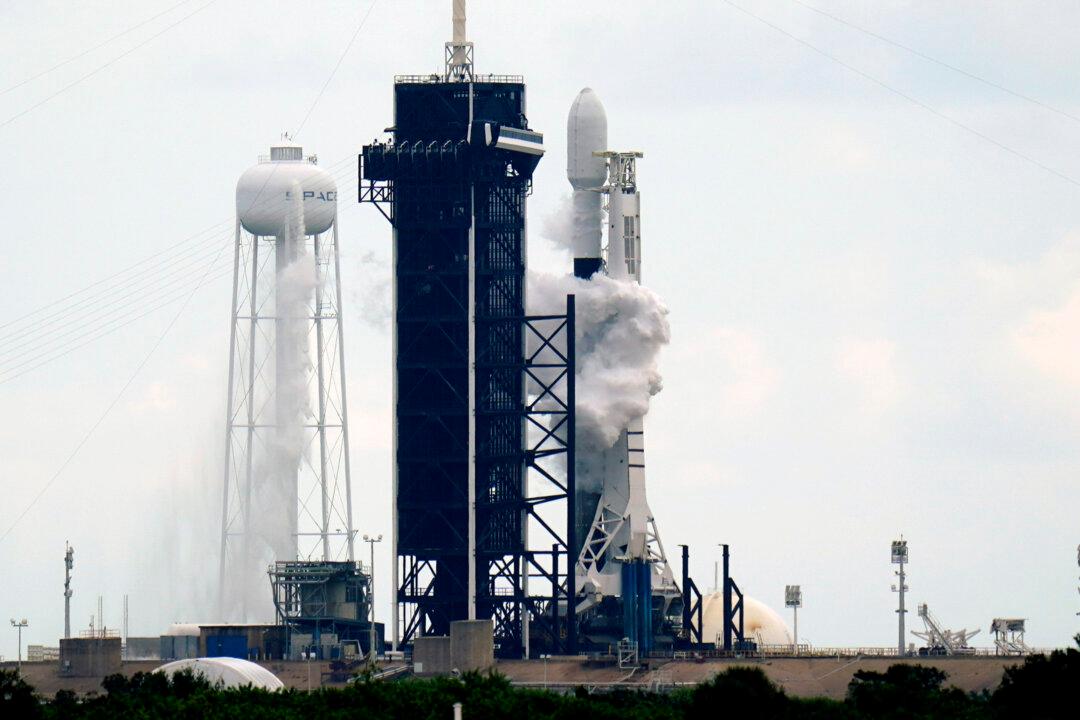Canada’s telecommunications regulator has given Elon Musk’s Space Exploration Technologies Corp. (SpaceX) a licence allowing the company to provide satellite internet service to rural Canadians.
The Canadian Radio-television and Telecommunications Commission sent a letter to SpaceX’s chief financial officer Bret Johnson informing him it has approved the company’s application for the Basic International Telecommunications Services (BITS) licence. The BITS licence would authorize SpaceX to provide international telecommunications services between Canada and other countries.





